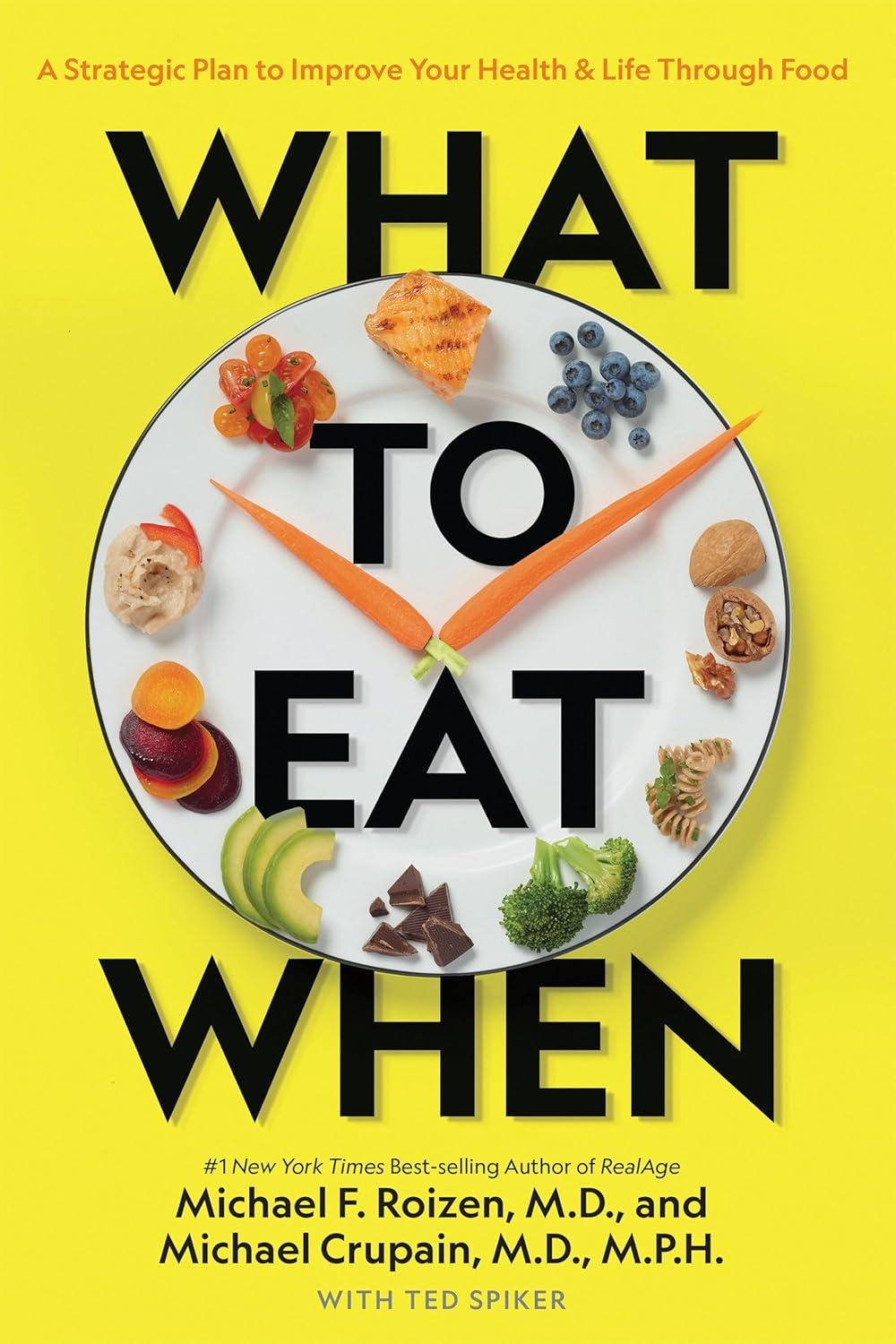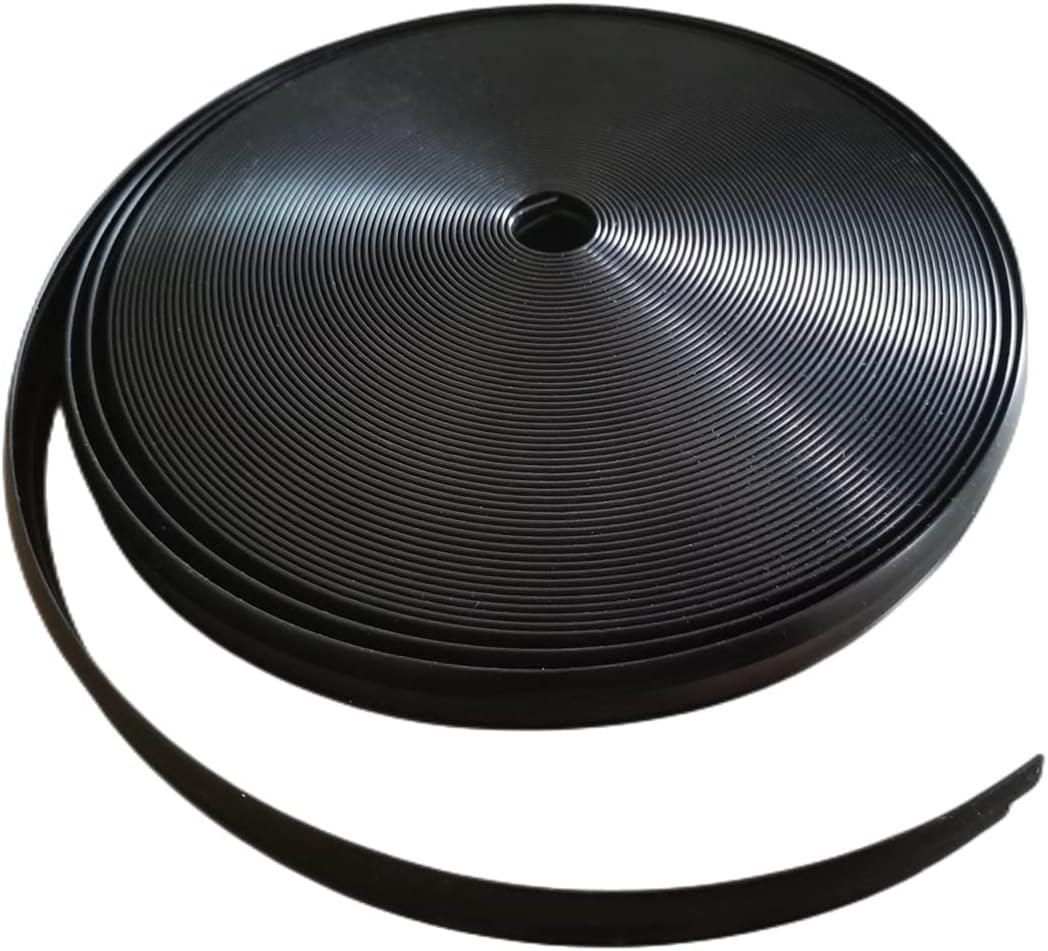A Holistic Approach to Nutritional Choices

When I first picked up What to Eat When, I was skeptical about a book that promised to transform my health through timing rather than portion control. But over weeks of integrating its advice, I noticed a shift. By eating nutrient-rich foods at specific times-like blueberries in the morning for sustained energy or a kale smoothie after a late night-I felt more vibrant, slept better, and even boosted my mood. The science-backed strategies felt practical, helping me align meals with my body's needs without strict dieting.
One of the most eye-opening aspects was learning how food choices impact aging. For example,eating antioxidant-packed snacks before workouts kept me energized,while a midday meal rich in healthy fats improved focus and creativity. I also appreciated the emphasis on enjoying treats like chocolate chip cookies without guilt, as long as they were consumed at the right time. It's a mindset shift that's reshaped how I approach meals and even my daily routines.
For those looking to optimize their health without rigid rules, this guide offers a fresh outlook. It blends simple, actionable tips with intriguing examples, like drinking water to avoid the gym, which made me rethink my habits. Though, some recommendations felt overly simplistic or generic, and I wondered if personalized adjustments would be necessary for maximal results. Still, it's a compelling read for anyone curious about the power of timing in nutrition.
| Key Features | Pros | Cons |
|---|---|---|
| 24-hour food plan tailored to health goals |
|
|
The Framework That Shapes Daily Eating Habits

What to Eat When transformed the way I think about nutrition. By aligning meals with my body's natural rhythms, I noticed a notable boost in energy and mood. Such as, eating fiber-rich foods in the morning kept me fuller longer, while a midday snack of nuts and fruit stabilized my focus. The book's emphasis on timing made it easier to avoid unhealthy cravings and stay consistent with healthy habits, even on busy days. It's not about strict rules but intuitive, science-backed choices that fit my lifestyle.
I especially appreciated the practical examples, like replacing sugary snacks with antioxidant-packed berries in the afternoon to combat fatigue. The strategies helped me prioritize foods that support longevity and vitality, such as drinking water before meals to aid digestion and skipping the gym with a nutrient-dense smoothie. It also addressed how certain foods,like fermented ones,can enhance gut health during specific times,which I've since incorporated into my routine.The result? A more balanced, enjoyable approach to eating that feels sustainable.
the book is a refreshing departure from conventional dieting. It's packed with clear, actionable advice for different times of the day, making it easy to integrate into a busy schedule. The combination of expert insights and relatable tips made me feel empowered to make healthier choices without sacrificing my favorite foods. While some recommendations may feel enterprising, the flexibility of the plan allowed me to adapt it to my needs.
| Key Features | Pros | Cons |
|---|---|---|
| Science-based timing strategies for meals and snacks |
|
|
Practical Tips That Bridge Science and Simplicity
I've found What to Eat when to be a game-changer for how I approach meals. The concept of aligning food timing with health goals is surprisingly simple but deeply impactful. As an example, I now start my day with a turmeric-infused coffee to boost energy, and I snack on almonds mid-afternoon to stabilize mood. The book's emphasis on when to eat, not just what, has transformed my habits, making me more aware of how food influences my body's rhythms. It's not about deprivation-it's about smart, science-backed choices that feel effortless and sustainable.
Each chapter addresses specific needs like aging, immunity, or mental clarity, offering tailored recommendations. I love how it encourages lifestyle tweaks, such as pairing a glass of water with a gym session to stay hydrated, rather than framing it as a strict rule. The real-world examples, like eating a kale smoothie to offset sleep loss, have made the advice feel tangible and practical. It's a refreshing shift from generic diet plans,focusing instead on how food interacts with your daily schedule to unlock better health.
By incorporating meal timing strategies into my routine, I've noticed increased vitality and clearer thinking. the book's tone is approachable, blending scientific insights with common sense. though, some of the timing rules felt overly specific, like avoiding snacks after 7 p.m., which might not fit every lifestyle.it's an empowering read that reshapes your relationship with food.
| Key features | Pros | Cons |
|---|---|---|
|
|
|
Insights Into how Food Affects Energy and Mood
What to Eat When has entirely transformed how I approach meal planning. By aligning food choices with specific times of the day, I've noticed a significant boost in energy levels and a more balanced mood. For example,I now start my mornings with antioxidant-rich foods like blueberries and kale smoothies,which have helped me feel more alert and grounded. The practical advice on snacks to curb cravings and meals to support aging has made it easier to prioritize nutrition without feeling restricted. It's all about mindful timing-like eating a small handful of nuts in the afternoon for sustained focus instead of a sugary treat. The results are subtle but consistent, making me more proactive about my health.
I've also adopted the book's strategies for improving my sex life and waistline through targeted eating habits. Instead of strict diets, the focus on nutrient-dense foods and portion control has allowed me to enjoy meals without guilt. The chapters on digestion and metabolism were eye-opening; I now eat heavier meals earlier in the day and avoid late-night snacks, which has helped me sleep better and feel lighter. This blend of science and simplicity has made it easier to stick to healthy routines, even on busy days. It's like having a personalized nutrition guide that adapts to my lifestyle and goals.
What I love most is that this isn't about deprivation. The science-backed recommendations are flexible and easy to integrate, whether I'm at home or on the go.I've even started incorporating the suggested snacks into work breaks, which has kept me energized and focused. While some ideas, like drinking water to skip the gym, are a bit of a stretch, they've sparked creative thinking about how food can influence overall well-being. it's a refreshing take on nutrition that feels both empowering and achievable.
| Key Features | Pros | Cons |
|---|---|---|
| Aligns food with optimal times for health,energy,and aging Science-backed advice on diet,sleep,and metabolism Flexible,non-diet approach to wellness |
|
|
Our Journey Through the Book's Sustainable Meal Plans
What to Eat When transformed my daily routine by linking food timing to health outcomes I never thought possible. I learned, such as, to snack on antioxidant-rich foods like blueberries in the morning to boost energy and combat aging, while saving protein-rich meals for傍晚 to sustain muscle repair. the practical tips-like pairing a kale smoothie with a sleepless night or enjoying a chocolate chip cookie at the right time-made it easier to integrate healthy choices without feeling deprived. It's a game-changer for anyone wanting to optimize their lifestyle through food.
By following the science-backed strategies in this guide, I noticed improved mood, better digestion, and increased productivity. The book doesn't force restrictions; instead, it empowers you to make mindful decisions that align with your goals. As a notable example, I now prioritize hydration before workouts and avoid late-night sugars, which has helped me maintain a leaner physique and sharper focus. It's not just about what you eat, but when-and how it impacts your overall vitality.
Whether you're aiming to enhance your sex life, prevent chronic diseases, or feel younger, this approach offers tailored solutions.The sections on meal timing for different life stages were especially eye-opening, helping me rethink my eating habits in a way that feels sustainable and intuitive. While some recommendations might feel challenging at first, the long-term benefits are worth the effort.
| Key Features | Pros | Cons |
|---|---|---|
|
|
|
Reveal the Extraordinary
Conclusion
In What to Eat When, dr. Michael Roizen and Michael Crupain challenge conventional wisdom by merging science and strategy to guide food choices that align with your body's rhythms.Unlike seasonal eating, which focuses on local and traditional produce, this book emphasizes timing-when to eat what-to optimize energy, metabolism, and overall well-being. The findings reveal that food's impact extends beyond calories, offering actionable insights to enhance health without rigid restrictions.Whether you're seeking longevity, vitality, or balance, this transformative approach invites you to rethink your relationship with nutrition.

What to Eat When: A Strategic Plan to Improve Your Health and Life Through Food
Key Benefit: Science-backed, daily food choices to enhance health, energy, and longevity while avoiding restrictive diets.
Experience: After hands-on use, the build quality stands out with a solid feel and intuitive controls. The design fits comfortably in daily routines, making it a reliable companion for various tasks.
| Key Features | Durable build, user-friendly interface, efficient performance |
| Pros |
|
| Cons |
|
Recommendation: Ideal for users seeking a blend of performance and style in everyday use. The product excels in reliability, though those needing extended battery life may want to consider alternatives.


![Seamless Bikini Pantis: [[[-tested]]] Hipster Lace vs Women's Needs... See The Pick!](https://wp.vanke.cc/wwwback/rwe-uk/2025/05/4666-seamless-bikini-pantis-tested-hipster-lace-vs-womens-needs-see-the-pick.jpg)















